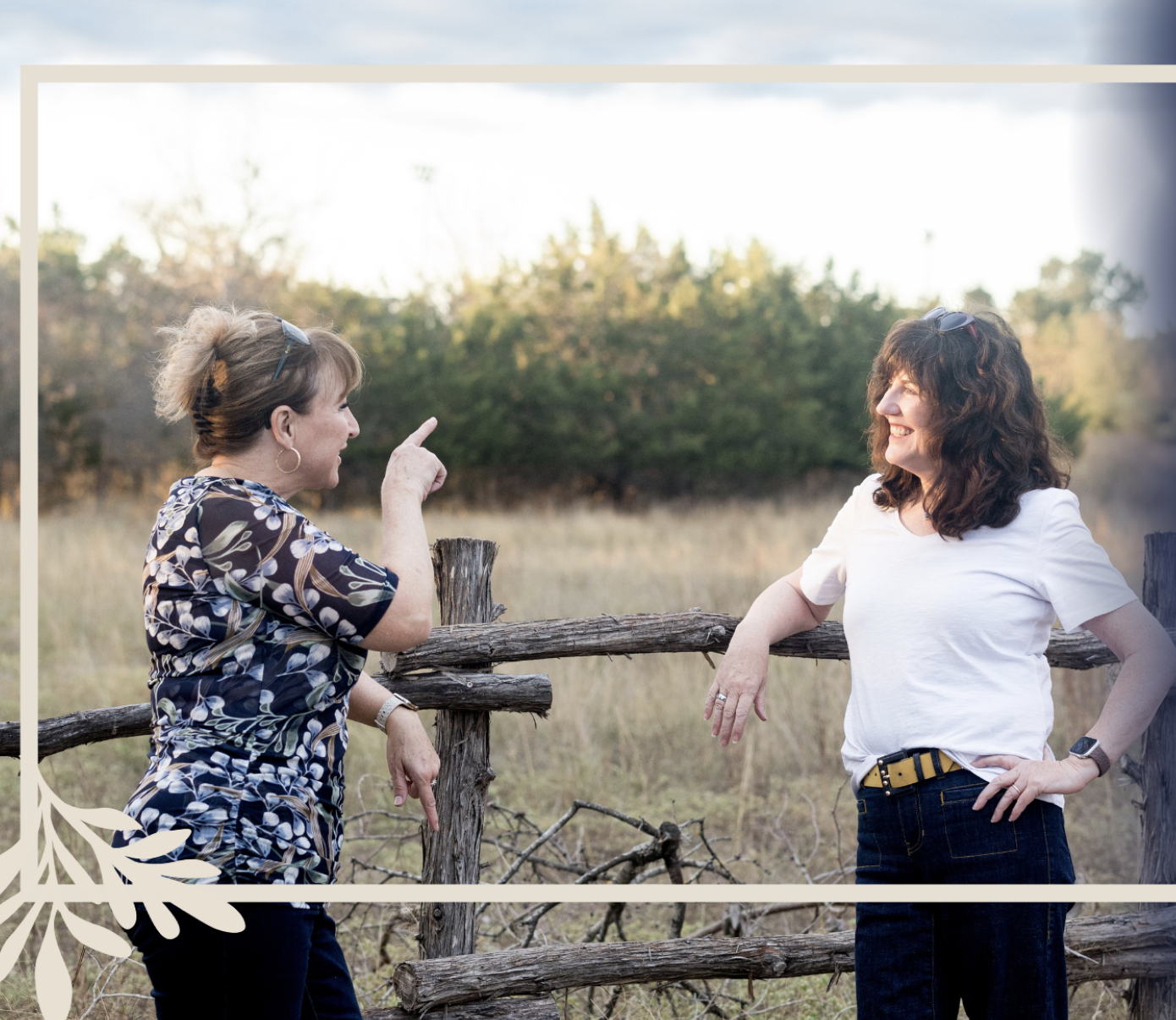“Grace is the opposite of karma, which is all about getting what you deserve.
Grace is getting what you don't deserve and not getting what you do deserve.
We live in a world of earning, deserving, and merit, and these result in judgment.
That is why everyone wants and needs grace. Judgment kills. Only grace makes us alive.”
I love this definition of grace from the Mamrelund Evangelical Lutheran Church. I suggest we allow ourselves and others some latitude of grace. We can start by assuming that people have positive intent and are trying their best. I’m not saying we shouldn’t hold people accountable, and I am dismayed when we twist definitions to allow abusive or immoral behavior but to err is human. When mistakes are made (and always are, especially when stretching our capabilities and trying new things), we should focus on learning and growth over punishment.
Grace allows us to take risks
Jan Johnson, President and CEO of Jordan Johnson, Inc. described grace this way on our Seasons Leadership Podcast, “to succeed, we need to take risks. When we take risks, we make mistakes. The key is learning from our mistakes and not beating ourselves up too long. This goes for how we treat others as well as ourselves.” Jan attributed her success to the grace that her mentors gave her. When she made a mistake, her mentors coached her. She grew through the new knowledge and the support of her mentors. Her mentors' grace allowed her to take risks that advanced her career. We talked about how the world would be a better place if we all allowed for more grace. More people would stretch and grow through this kind of support.
Resilience and grace are part of a virtuous cycle
Another podcast guest touched on the importance of grace in our lives through the concept of resilience. Reverend Canon Liz Easton didn't talk directly about the word grace but shared the perspective that resilience is the opposite of fragility or weak ego. A person with a fragile ego might be inexperienced and not confident – something that we all are at one time or another, as it is just part of being human. A fragile person with a weak ego sees criticism as wounding instead of productive, and their defensive behavior prevents feedback from others that can be helpful. Fragile people think others are out to get them and assume negative intent. This mindset creates suffering in the workplace and our personal lives. Resilient people are okay with being wrong; they can apologize and learn, be flexible, and hold space for other people's dissent. A resilient person can fail and learn. Liz's opinion, like Jan's, is that our failures at work fuel our later success.
It strikes me that these concepts of resilience and grace are interconnected. If we want more grace in the world, all of us must strengthen our resilience. And to be resilient, we need to invite grace into our lives – for ourselves and others. It's a virtuous cycle, one that we can start practicing now.
Great leaders give grace
What does grace have to do with leadership? Leaders who exhibit grace are humble enough to be wrong. And when they are wrong, they know when to apologize, learn, and move on. Resilient leaders hold the space for others to disagree and challenge them because their egos are strong enough to consider alternate perspectives. They provide the grace for themselves and others to take risks and grow. They do this not because they are saintly people but because they see potential and even greatness in others – and the drive to achieve a goal is bigger than their ego.
Let's do our part to make the world a little bit better by practicing more grace with ourselves and each other. The world would be a small place if we only got what we deserved. By giving grace to others, we can be more resilient and as the beginning quote states more alive.
Art by Kimberly Adams Tremper













